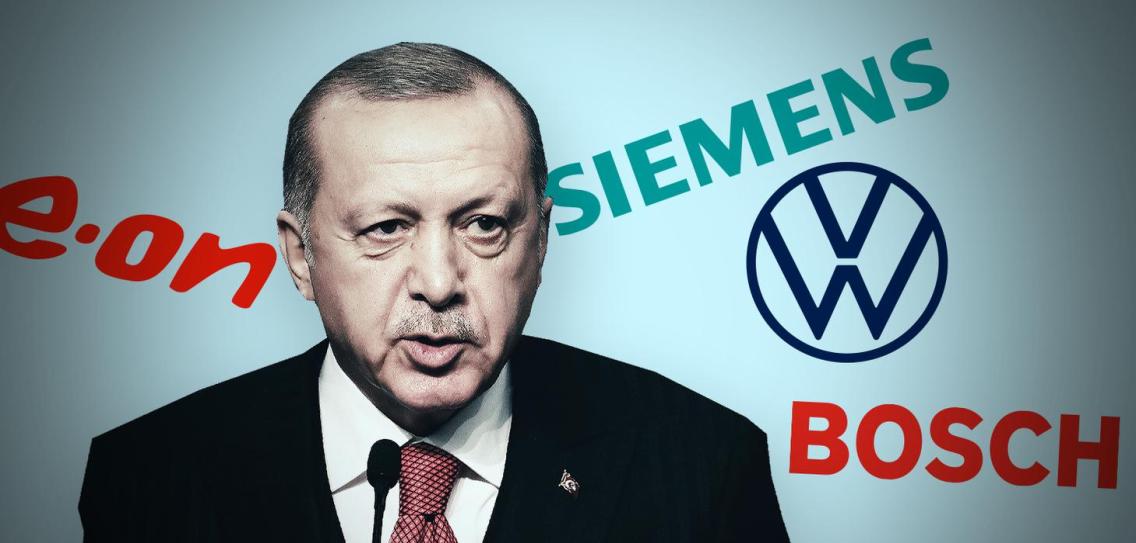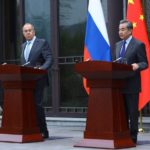Top German companies in Turkey are not looking for new investment opportunities in the country, German journalist Deniz Yücel reported in Die Welt newspaper on Friday.
Yücel spoke to 25 top German corporations about their investment plans and recent political developments in Turkey, including insurance company Allianz with 2,500 employees in the country
While the company sees great potential in Turkey, it won’t make any “extraordinary investment” in Turkey, Yücel reported.
Turkish President Recep Tayyip Erdoğan on Wednesday urged foreign investors to have confidence in Turkey’s economy days after he fired his third central bank governor in less than two years, causing market upheaval.
Almost 7,000 German companies are active in Turkey. Chemical giant BASF – one of the almost 7,000 German companies are active in Turkey – also does not see potential for new investment in the country.
With three production plants, nine offices and an innovation centre in Turkey, BASF employs 700 people. The company recorded a turnover of 6.5 billion liras last year.
In 2017, BASF was placed on a list of “terror supporters” by Ankara, along with around 650 German companies, including well established companies such as Daimler. Then-foreign minister of Germany Sigmar Gabriel advised German companies not to invest in Turkey. The Turkish officials responded that the list was a communications failure and removed it quickly.
Daimler said it is not planning any breakthrough changes in Turkey.
Top energy company E.ON conducts activities in partnership with Sabancı Holding in Turkey. The company, which announced last year a turnover of approximately 26 billion TL with the partnerships of Enerjisa Enerji and Enerjisa Üretim, employs 10 thousand people. The E.ON does not foresee new investments in Turkey.
The chemical company Evonik which has been operating for 30 years in Turkey in textile, automobile and construction industries is not planning new investments in Turkey.
German bank Deutsche Bank has had well-established relations with Turkey since 1888. However, it does not plan to make new investments in near future.
METRO has 4,500 employees in Turkey. The company does not reveal whether it plans new investment plans in Turkey. Yet, it does not plan to withdraw from the country.
Volkswagen established a production unit in the northwestern industrial region in Manisa province in October 2019 with capital of 943.5 million liras ($127 million). It then suspended its production plans due to a Turkish invasion of northern Syria that began the same month. In July of last year, it abandoned the project entirely, citing the economic impact of the coronavirus pandemic.
German companies promote reliable legal frameworks, rule of law, judicial independence and an independent central bank in Turkey, according to Yücel.
Some companies are even more vocal in their demand and expect Turkey to respect human rights and principles of the state of law, the journalist said.
Source: Ahval



